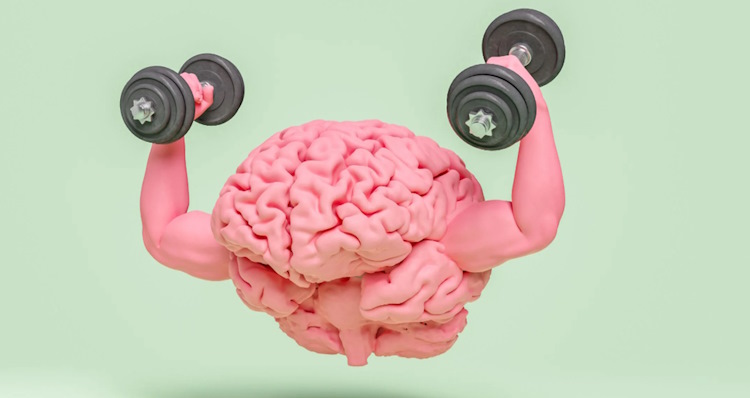Bodybuilding and mental health: the therapeutic effects of strength training
In the quest for physical excellence, it’s easy to overlook the significant impact that bodybuilding and strength training can have on mental well-being. Beyond sculpting muscles and developing one’s physique, regular strength training has emerged as a powerful tool to manage stress, anxiety, and depression. In this article, we will explore the therapeutic effects of strength training on mental health, with a focus on the relationship between physical fitness and emotional well-being.
Mind-body connection
The intricate connection between the mind and body, although not fully understood, is a well-established concept, and strength training is a pretty good example of this interdependence. When we do resisted training, the body releases endorphins, often referred to as “feel-good” hormones. These chemicals act as natural mood elevators, reducing stress and promoting a positive mental state.
Stress management
One of the key mental health benefits of strength training is its ability to act as a potent stress management tool. Regular sessions in the weight room provide an escape valve for the release of built-up tension and frustration. As individuals lift weights and challenge their physical limits, they experience a powerful release of tension from their routine, helping to reduce cortisol levels, one of the hormones associated with stress.
Discipline
The structured nature of strength training encourages discipline and routine, offering a sense of control in the face of the uncertainties of life. This consistent and methodical daily grind contributes to stress resilience, empowering individuals to deal more effectively with the challenges they might encounter in their daily lives.
Anxiety reduction
Anxiety, a very important mental health concern in modern society, can be effectively mitigated through the practice of strength training. The rhythmic and repetitive nature of weightlifting, combined with the focus required for proper form and technique, creates a mindful, almost-meditative experience. This meditative aspect of strength training has been shown to lower anxiety levels, promoting a calm and centered mental state during training and for the subsequent hours.
Additionally, the physical changes that accompany consistent strength training, such as improved posture and enhanced body confidence, can positively influence self-perception and reduce social anxiety. The gym environment itself often fosters a supportive community, further contributing to the alleviation of anxiety symptoms.
Depression
Depression, characterized by persistent feelings of sadness and a general lack of interest in activities, can be a formidable adversary. Strength training has been shown to be a potent complementary strategy in the battle against depression. The release of endorphins during exercise serves as a natural mood booster, countering the effects of depressive symptoms.
Moreover, strength training promotes neuroplasticity—the brain’s ability to adapt and rewire itself. This can lead to enhanced cognitive function and improved mood regulation. Thus, incorporating strength training into a more complete mental health approach, alongside therapy and other interventions, can significantly contribute to the management of depression.

As the relation between physical and mental health continue to become more and more evident, recognizing the therapeutic effects of strength training on mental well-being becomes increasingly important. Looking beyond just the pursuit of physical aesthetics, engaging in regular bodybuilding activities offers a one more tool in the fight to manage stress, anxiety, and depression. By making use of the power of endorphins, reinforcing daily discipline, and being part of a positive and supportive fitness community, strength training proves to be a very powerful tool in the maintenance of both physical and mental health. So, the next time you hit the gym, remember that you’re not just building muscle, but you’re also helping your mind stay healthy and balanced.









